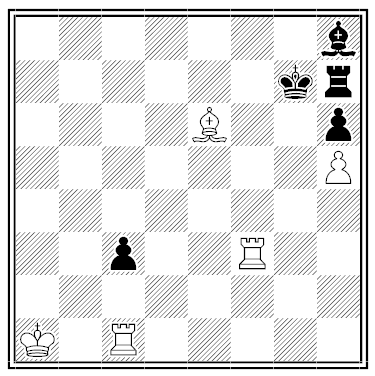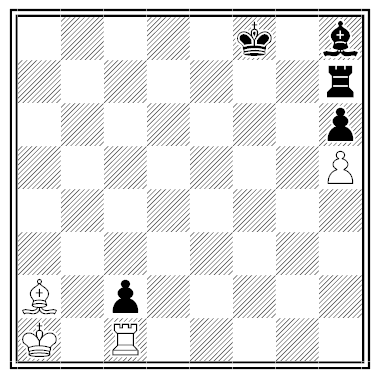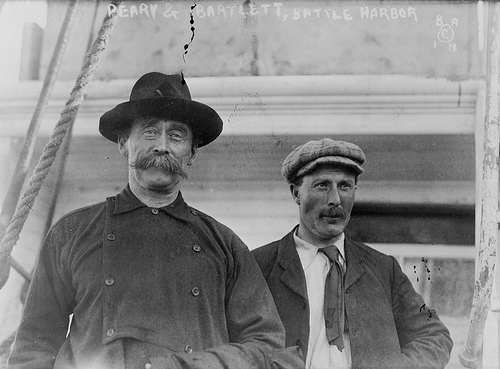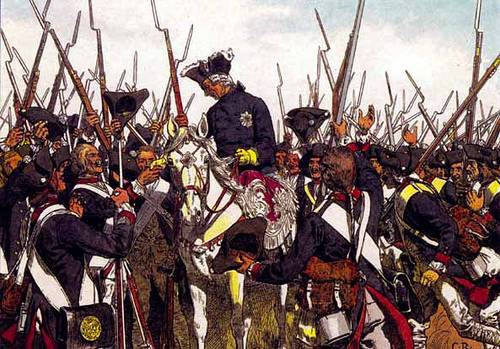On the first of December, 1787, some fishermen fishing in the river Thames, near Poplar, with much difficulty drew into their boat a shark, yet alive, but apparently very sickly; it was taken on shore, and, being opened, in its belly were found a silver watch, a metal chain, and a cornelian seal, together with several pieces of gold-lace, supposed to have belonged to some young gentleman, who was unfortunate enough to have fallen overboard; but that the body and other parts had either been digested, or otherwise voided; but the watch and gold-lace not being able to pass through it, the fish had thereby become sickly, and would in all probability very soon have died. The watch had the name of ‘Henry Watson, London, No. 1369,’ and the works were very much impaired. On these circumstances being made public, Mr. Henry Watson, watchmaker, in Soreditch, recollected that about two years ago he sold the watch to Mr. Ephraim Thompson, of Whitechapel, as a present to his son, on going out his first voyage, on board the ship Polly, Capt. Vane, bound to Coast and Bay: about three leagues off Falmouth, by a sudden heel of the vessel, during a squall, Master Thompson fell overboard, and was no more seen.–The news of his being drowned soon after came to knowledge of his friends, who little thought of hearing any more concerning him.
— The Kaleidoscope, Jan. 22, 1822
See The Shark Arm Affair.





